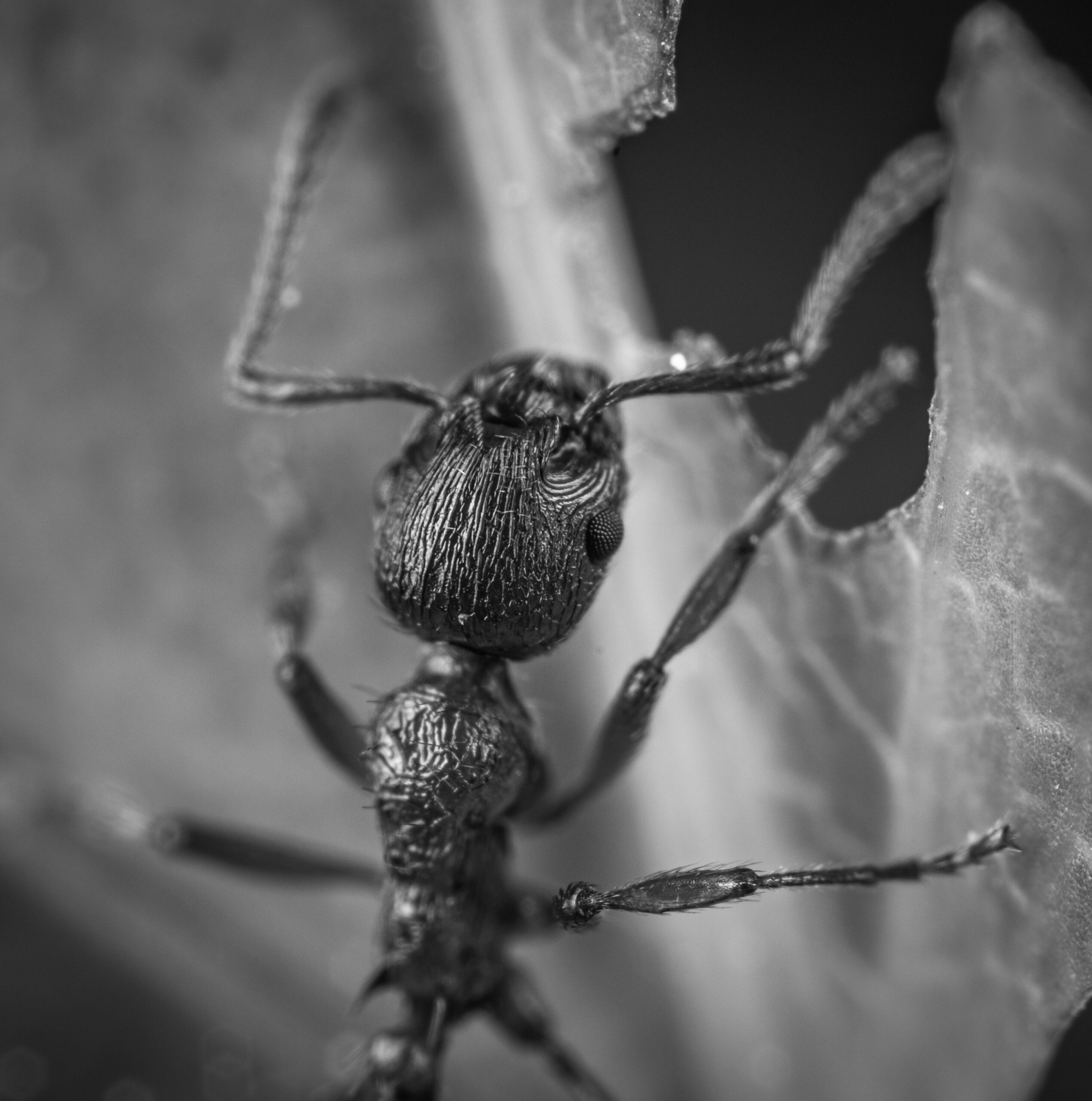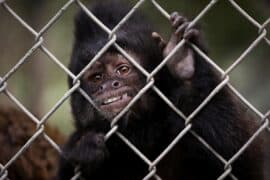A Parent’s Guide: Recognizing and Treating Ant Bites on Babies
Hello lovely parents! Motherhood and fatherhood can often feel like living in a constant state of alert, isn’t it? New hazards seem to lurk around each corner as we do our very best to keep our tiny tots safe. One such unexpected danger could be the humble ant. Although largely harmless, ant bites can cause strong discomfort and allergic reactions, especially in babies. This guide has got you covered, it will help you identify, treat, and prevent ant bites on your adorable angels.
Recognizing Ant Bites on Babies
Identifying an ant bite is the first step towards making your baby feel better, dear parents. Here, we’ll take a look at the typical signs that suggest your baby might have been bitten by an ant.
Signs and Symptoms of an Ant Bite
Be watchful, dear superhero parents! Ant bites can look like small red bumps, similar to other insect bites. These bites usually tend to become inflamed and may be surrounded by a white, ring-like area. You might notice your baby become unusually fussy and attempting to scratch the bite area. If you spot these signs, it may have been an ant that left its mark.
Treating Ant Bites on Babies
Ah! Now that we know what to look out for, let’s swiftly move on to the solutions. Here’s what you can do to soothe the discomfort and speed up the healing process for ant bites.
Immediate Attention and First Aid
First things first, supermoms and superdads! Carefully, but quickly, ensure no more ants are on your baby, and clean the area with soap and water. You can then apply an over-the-counter anti-itch or antihistamine cream, but do consider a paediatrician’s recommendation first!
Preventing Ant Bites on Babies
As the old saying goes, prevention is better than cure! These handy tips will help you minimize the risk of ant bites for your precious little ones.
Maintaining a Clean Home Environment
Keeping your house and especially your baby’s play area clean from food crumbs and sticky spills is definitely one line of defense against tempting any curious ants your baby’s way.
There you have it, parents! A concise guide to identifying, treating, and averting ant bites on your baby. We know every parent is a superhero for their little one, and with this guide, you’re now armed with the knowledge to protect your superhero-in-training a step further!
Consultation
Remember, every baby is different and what works for one might not work for another. Always have a conversation with your pediatrician before trying a new treatment. Together, let’s keep our babies healthy and happy!

Credit: Pexels
Wrapping it Up!
And that’s it, dear parents, for our handy guide to dealing with ant bites on babies. Remember, the safety and comfort of your little ones is always of paramount importance. Understanding how to recognize, treat, and prevent ant bites is an essential part of parenting. Remember, you are doing an incredible job. Stay tuned for more educational content to help you navigate the blissful yet challenging journey of parenthood. Together, we will keep our blossoming buds safe, healthy, and blooming. Take care!
Preparation for Ant Bites on Babies
Are you a concerned parent wondering how to protect your little one from the unpleasant experience of ant bites? Here’s an SEO-friendly guide to help you. We’ll walk you through five crucial things you should know when preparing for ant bites on babies.
1. Prevention is Key
Prevention is the first and most effective step. Keep ant-prone areas clean and free of food debris. Make sure the baby’s cradle, playpen, or car seat is kept away from ant trails. Additionally, secure windows and doors to block potential entry points for these tiny predators.
2. Dress Your Baby Appropriately
Dress your baby in long-sleeved clothing and long pants when visiting outdoor spaces known to have ants. A hat can also help keep ants out of their hair.
3. Equip Yourself with Knowledge
Have some basic knowledge about ants commonly found in your area. Some ants like fire ants can cause a more severe reaction. By knowing which ant species are in your environment, you can assess how urgently you need to seek medical attention if a bite occurs.
4. Immediate Care for Ant Bites
Immediately wash the bite area with soap and water if your child gets bitten. Applying a cold compress can help reduce swelling. Over-the-counter treatments like hydrocortisone creams also help soothe the itch and reduce inflammation.
5. When to Seek Medical Attention
Monitor your baby for signs of an allergic reaction, such as excessive swelling, difficulty breathing, vomiting, or sudden fatigue. If your baby shows any of these symptoms, seek professional medical assistance promptly.
Proper preparation and quick action are essential for dealing with ant bites on babies. Stay informed and keep your little one safe!
For more great articles please see here. For more information on raising children see here
Disclaimer
The articles available via our website provide general information only and we strongly urge readers to exercise caution and conduct their own thorough research and fact-checking. The information presented should not be taken as absolute truth, and, to the maximum extent permitted by law, we will not be held liable for any inaccuracies or errors in the content. It is essential for individuals to independently verify and validate the information before making any decisions or taking any actions based on the articles.




